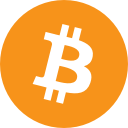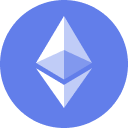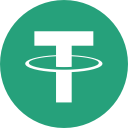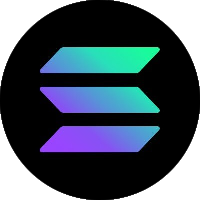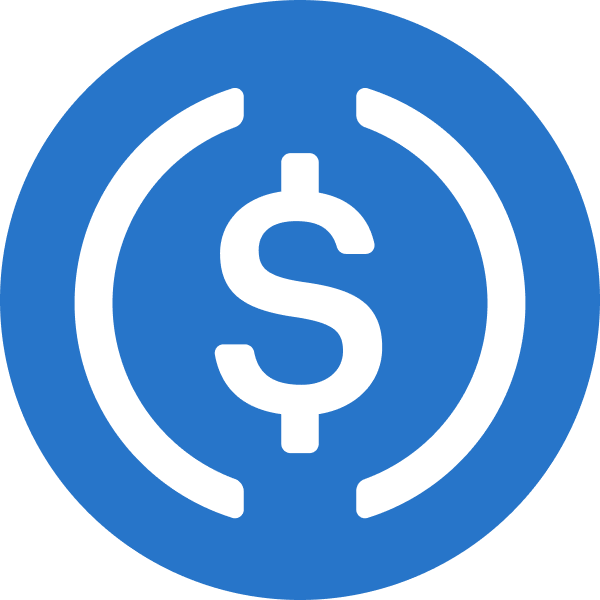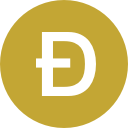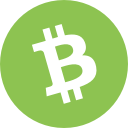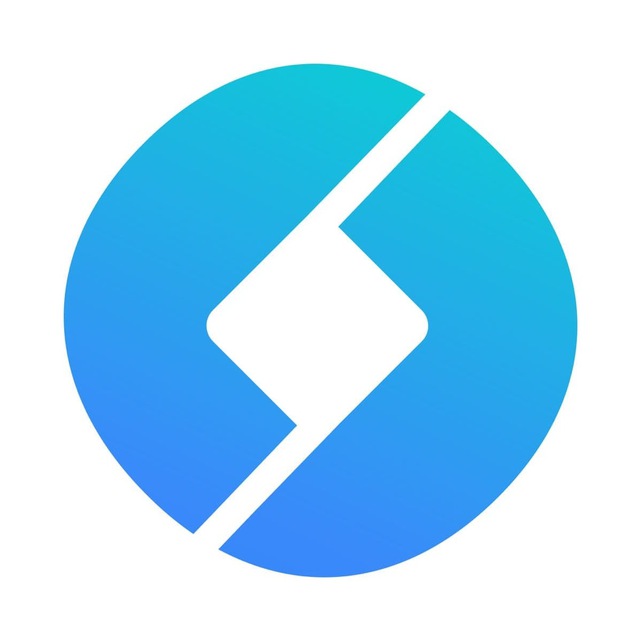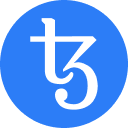
Kup Pitbull z Coinbase Wallet
Możesz handlować Pitbull, korzystając z Coinbase Wallet, Twojego klucza do świata kryptowalut.
Aktywa Pitbull są dostępne tylko za pośrednictwem Coinbase Wallet. Aktywa w Coinbase Wallet nie są przechowywane przez Coinbase. Korzystanie z Coinbase Wallet podlega tym warunkom.
Rynek
Powiązane aktywa
Kalkulator Pitbull
Coinbase Bytes
Pitbull spada w tym tygodniu.
Cena aktywa Pitbull increased o 0,20% w ciągu ostatniej godziny i increased o 1,82% w ciągu ostatnich 24 godzin. Ponadto cena aktywa Pitbull fallen o 8,48% w ciągu ostatniego tygodnia. Aktualna cena wynosi 0,0000000008 USD za PIT przy 24-godzinnym wolumenie obrotu równym 611,16 tys. USD. Obecnie aktywo Pitbull jest wyceniane o 92,03% niżej od historycznego maksimum wynoszącego 0,00000001 USD. To historyczne maksimum było najwyższą ceną zapłaconą za aktywo Pitbull od czasu jego premiery.
Obecna podaż aktywa Pitbull w obiegu wynosi 40 192 158 063 660 000 PIT, co oznacza, że Pitbull ma łączną kapitalizację rynkową równą 40 192 158 063 660 000.
Często zadawane pytania
Odkryj profile ENS
Wejdź do świata profili ENS (Ethereum Name Service). Łącz się, poszerzaj wiedzę i utrzymuj kontakty ze społecznością web3 na stronie profile.coinbase.com. Sprawdź poniżej garść najpopularniejszych profili ENS.
Niektóre treści zostały przygotowane przez podmioty trzecie niezwiązane z firmą Coinbase Inc. ani jakimkolwiek z jej oddziałów i Coinbase nie ponosi za nie odpowiedzialności. Coinbase nie ponosi odpowiedzialności za jakiekolwiek błędy lub opóźnienia w treści ani za żadne działania podjęte w oparciu o jakąkolwiek treść. Informacje są podawane wyłącznie w celach informacyjnych i nie stanowią porady inwestycyjnej. Nie stanowi to rekomendacji kupna ani sprzedaży określonego aktywa cyfrowego lub zastosowania określonej strategii inwestycyjnej. Coinbase nie składa żadnych oświadczeń dotyczących dokładności, aktualności lub przydatności dostarczonych informacji lub konkretnego aktywa. Podane ceny mają charakter wyłącznie ilustracyjny. Rzeczywiste ceny kryptowalut i związane z nimi statystyki mogą się różnić. Przedstawione dane mogą odzwierciedlać aktywa będące przedmiotem obrotu na giełdzie Coinbase i wybranych innych giełdach kryptowalut.






